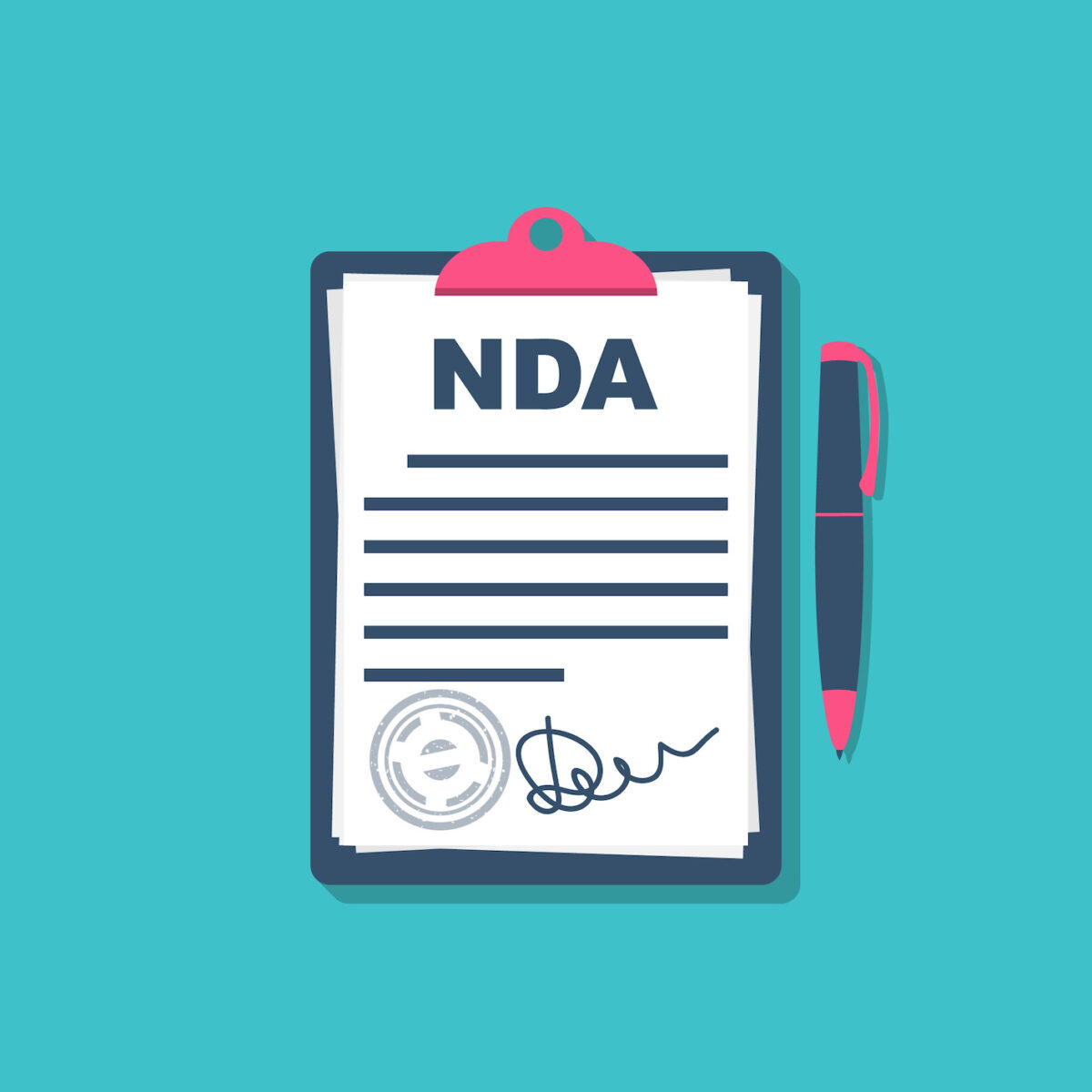The Importance of Non-Disclosure Agreements (NDA) for Protecting Your Startup or SME under Hong Kong Law

The Importance of Non-Disclosure Agreements (NDA) for Protecting Your Startup or SME under Hong Kong Law
In the fast-paced and competitive business landscape of Hong Kong, startups and small to medium-sized enterprises (“SMEs”) have to be at the cutting edge of innovation. However, with the growing societal awareness over the importance of protecting intellectual property rights and trade secrets, it is paramount that such rights and trade secrets are recognized and protected. One way to achieve this is through the use of Non-Disclosure Agreement (“NDA”).
What is a Non-Disclosure Agreement?
A Non-Disclosure Agreement, sometimes known as a confidentiality agreement, is a legally binding contract between parties aimed at maintaining the confidentiality of any sensitive information shared during business operations. An NDA ensures that the party or parties receiving sensitive information agrees not to disclose, misuse, or exploit such information for any purpose outside the permissible business scope.
4 Benefits of Having an NDA
1. Preserving Your Trade Secrets and Intellectual Property
For many technology-based startups and SMEs, their trade secrets and intellectual properties are their unique selling point and competitive advantage. These may include their inventions, unique processes, formulas, R&D, know-how, and etc. NDAs could contractually prevent the receiving party from making non-permissible disclosure of such trade secrets and intellectual properties to unauthorized third parties.
2. Securing Confidential Business Information
In the course of conducting business, startups and SMEs often share sensitive information such as customer lists, financial data, marketing and business plans with it’s potential partners, investors, suppliers, or employees. By signing NDAs, the parties can take steps to ensure that sensitive information would not be disseminated to competitor or other unauthorized third parties without legal repercussions.
3. Encouraging Open Dialogue and Preserving Business Relations
Startups and SMEs frequently engage in discussions with potential investors or collaborators to scale their business or develop new opportunities. In such cases, NDAs facilitate open negotiations, allowing both parties to share pertinent information without fear of misappropriation of sensitive information.
4. Providing a Legal Recourse in Case of Disclosure
When an NDA is breached, it can lead to significant financial and reputational damage. Under Hong Kong Law, the injured party (i.e., disclosing party) may seek legal recourse to enforce the terms of the NDA and claim damages or seek for injunctive relief from the breach. Therefore, having a properly drafted NDA can strengthen a startup or SME’s position in the event of litigation, should it become necessary.
Crafting an Effective Non-Disclosure Agreement
To ensure the effectiveness of an NDA, startups and SMEs should cover the following information in the agreement:
a) Classification of confidential information. The NDA should precisely define what is deemed as confidential information and the scope of confidentiality. An overly broad or ambiguous definition could render the NDA unenforceable. Parties should be mindful that the scope of confidentiality should include not only existing sensitive information provided by the disclosing party, but also sensitive information created as a result of the business partnership or venture.
b) Parties. The NDA should specify who are the disclosing and receiving parties.
c) Mutual or one-way NDA.
d) Duration for which the information remains confidential.
e) Obligations of parties receiving confidential information, including restrictions on disclosure, uses, and destruction or return of the information after the business relationship ends.
f) Exceptions to non-disclosures. For example, when confidential information is in the public domain at the time of disclosure. It should be noted that restrictions and exceptions to confidentiality must be clearly and specifically stated to avoid potential dispute.
g) Consequences of disclosing confidential information.
h) Governing law and jurisdiction.
i) Other boilerplate clauses.
By incorporating a well-drafted NDA into your business practices, you can confidently engage in collaborations and negotiations with the knowledge that your confidential information is shielded from unauthorized disclosure and misuse. Seeking appropriate legal advice and assistance in drafting tailored-made NDAs can provide your business with crucial protection. Subscription to OLN Online will give you access to customizable non-disclosure agreements, and legal support from experienced lawyers. This assistance will help safeguard your intangible assets and foster a secure environment for business growth.
oln online